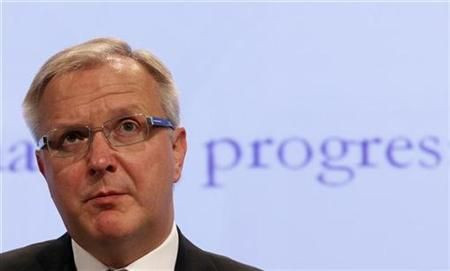European Debt Crisis: a Small Hint at Fiscal Union?
ANALYSIS

The European debt crisis has deteriorated to a point where global leaders are publicly urging the Eurozone to get its act together.
What they're afraid of is contagion and a repeat of what happened in 2008 and 2009, when troubles erupting in the U.S. financial system spread worldwide.
The threat of cascading default, bank runs, and catastrophic risk must be taken off the table, warned U.S. Treasury Secretary Timothy Geithner, according to the Associated Press.
When it comes to specifics, some, like Canada central bank chief Mark Carney, suggested increasing the size of the Europe's bailout fund European Financial Stability Facility (EFSF).
However, a source told Reuters that Germany opposed increasing the size of the fund. Instead, the Eurozone may choose to increase its ammunition by allowing it to borrow money.
This development was confirmed by other sources.
While the EFSF leverage proposal could seem like a step backward from a permanent solution to the European debt crisis, it may actually come to be a step forward.
Many analysts and investors believe the Eurozone's current state - a monetary union without a fiscal union - cannot last.
The crucial step toward the formation of a fiscal union is to float a euro-bond, or government debt used by all members of the Eurozone and commonly backed by all of them.
A step before that, however, could be lending to the EFSF. The EFSF will likely borrow from the ECB initially under the leverage proposal. From there, it would only need to go one step further and borrow from the market to start acting like a fiscal union.
Once the market gets a taste of lending to the EFSF - examining the debt, pricing it, and analyzing its creditworthiness on the merit of the entire Eurozone - the idea of a euro-bond may not be far off.
Please email Hao Li at hao.li@ibtimes.com.
© Copyright IBTimes 2025. All rights reserved.





















